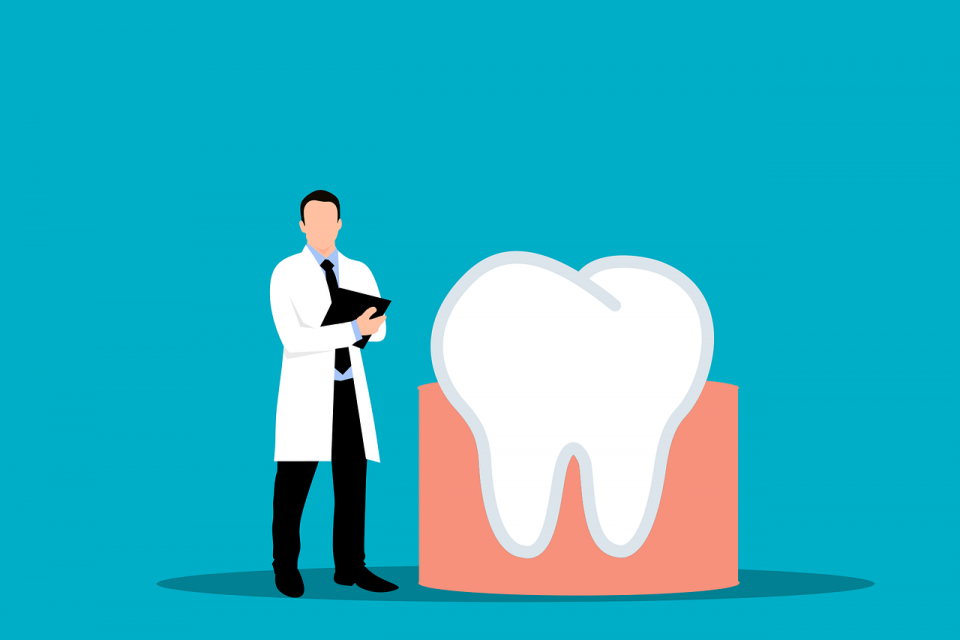Isn’t tooth loss inevitable in later years?
Today, older adults are keeping their natural teeth longer because of scientific developments and the preventive emphasis in dentistry. This improvement was seen in the results of a survey released by the National Institute of Dental and Craniofacial Research. They showed that among persons in their 50’s and 60’s, the rate of losing all teeth has dropped 60 percent since 1960.
Good oral hygiene and regular dental care are important throughout your life, whatever your age. By practicing good oral hygiene at home and visiting your dentist regularly, you will prevent dental problems and save time and money as well.
There are two things that cannot be disputed when it comes to oral health:
1. Quality of life is better with a healthy mouth full of teeth
2. Your mouth is the gateway to the rest of your body. If you care about being healthy, you should take the steps necessary to have optimum dental health
At my age, why should I bother with oral hygiene and going to the dentist?
Thorough daily brushing and flossing of your natural teeth are essential to keep them in good condition—especially as you age. Plaque, the sticky, colorless layer of bacteria that causes tooth decay and periodontal (gum) disease, can build up quickly on the teeth of older adults, particularly when they neglect oral hygiene. This can increase your risk for tooth decay and periodontal disease.
A few simple steps can help you maintain good oral health throughout your life. Brush your teeth twice a day with a fluoride toothpaste, and clean between your teeth daily with floss or interdental cleaners. Be sure to see your dentist regularly for exams and professional teeth cleaning. Professional monitoring of your oral health status is essential.
Should adults be concerned about cavities?
Tooth decay is not just a child’s problem. Adults of all ages can have cavities. The causes for tooth decay are the same for everyone, regardless of age. Decay results when the bacteria in plaque feed on the carbohydrates (sugar and starch) in our diet to produce acids that can cause cavities.
Decay rates can change throughout our lifetime for various reasons. Adults are more likely to have decay around older fillings or other dental work. Decay of the tooth root is also common among older adults. Root caries (decay) occur when the gums recede, exposing the softer root surface, which decays more easily than tooth enamel.
Tooth decay is also promoted by dry mouth. This condition, called xerostomia, occurs when the supply of saliva is greatly reduced. It can be caused by many types of medications (such as antihistamines, anti-hypertensives, and antidepressants) or radiation therapy to the head or neck. Saliva is needed to lubricate the mouth, wash foods away and neutralize the acids produced by plaque.
Allowed to continue, dry mouth can lead to rampant tooth decay. If you think you have this problem, be sure to discuss it with your dentist or physician. They may recommend a saliva substitute and/or fluoride products to help prevent decay.
Dr. St. Clair maintains a private dental practice in Rowley and Newburyport dedicated to health-centered family dentistry. He has a special interest in treating snoring, sleep apnea and TMJ problems. If there are certain topics you would like to see written about or questions you have, please email them to him at jpstclair@stclairdmd.com



